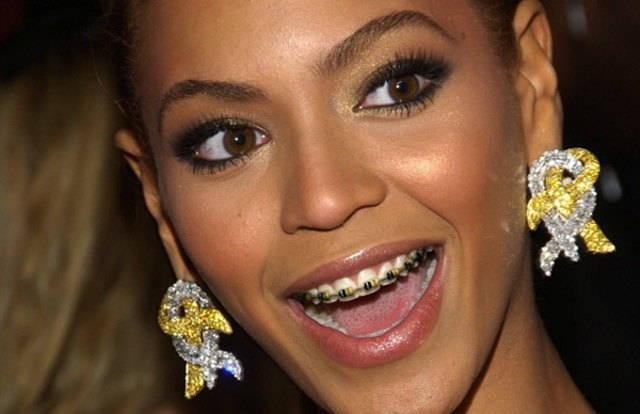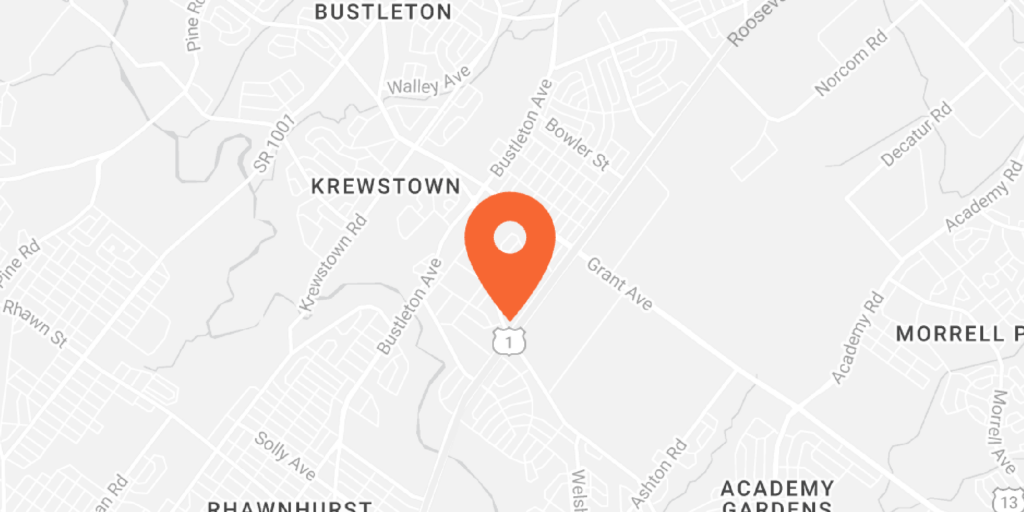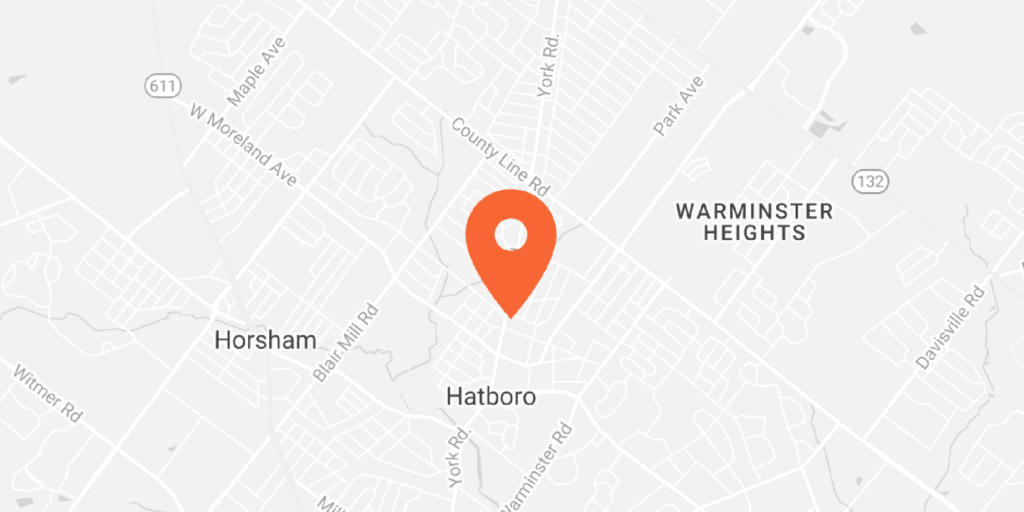Most people assume that the only reason to get braces is because you want straighter teeth. That is definitely one of the results of getting braces, but for many people, it isn’t the only reason or even the primary reason they get braces. Braces have a number of functions and can correct a range of problems, including cosmetic issues, but also can improve a wide number of health issues in both the dental and physical category. If you are considering getting braces and want to know whether or not they are for you, here are just some of the reasons that people get braces:
To Straighten Crooked Teeth
While crooked teeth might not always be a problem—many people like their crooked teeth—the main function of braces is to straighten teeth. Any kind of braces, from Invisalign to traditional metal brackets and wires, will shift teeth into the straightest and most natural-looking alignment. While many get braces just for cosmetic reasons, straighter teeth are actually better for dental health.
Why? Because they are easier to clean. Crowded teeth are especially difficult to clean, but even a larger-than-normal gap between two teeth can become a problem, as particles of food and bacteria can gather there in greater abundance than in other gaps between teeth. Teeth that are in a more optimal alignment are easier to floss, easier to brush, and just overall easier to maintain.
In addition, straighter teeth can mean more efficient chewing and less teeth grinding, which, again, translates to a healthier body and a healthier jaw. If your teeth are even a little out of alignment, you might find yourself clenching or grinding your teeth, especially as you sleep, as instead of fitting together perfectly, your top and bottom jaw will slip and jolt against one another when you try to close your bite.
Having properly aligned teeth can mean fewer headaches, fewer jaw-aches, and even few backaches (less clenching)! While wanting straight teeth is reason enough to get braces, there are actually real health reasons to have straight teeth.
To Correct a Misaligned Bite
You’ve probably heard of an overbite or underbite. An over bite occurs when the upper jaw juts out too far in front of the lower jaw, when you bite down naturally. An under bite, on the other hand, occurs when your lower jaw overlaps your upper jaw. Both of these bite issues comes with a range of problems, including putting undue stress on some teeth, while other teeth will see little to no action at all. These bits also put strain on the jaw itself, causing tension that can make the jaw ache or, again, cause you to grind your teeth, which is as bad for your teeth as it is for the jaw.
These bites also make it much more likely that you will bite your cheeks or lips, which, over time, can seriously damage to the interior of your mouth. While Invisalign systems might not be able to do much to correct these kinds of problems, more traditional bracket and wire systems can improve an under or overbite by using rubber bands or headgear to correct these problems. In many instances, correcting a bite can also have cosmetic benefits, as once the two halves of the jaw are in better alignment, the smile is more even and the teeth fit together much better.
If you have a misaligned bite, getting wire and bracket braces, along with rubber bands that loop from the top to the lower jaw to help shift the bite into better alignment, is the best way to correct this problem. While Invisalign is great at straightening teeth and has the added benefit of being removable for eating and cleaning, and nearly invisible in the mouth, it can do little for correcting an over bit or under bite.
Correct Bites that Are Too Narrow
If your top arch is narrower than your bottom arch of teeth, you may be experiencing a range of problems. This issue can make it extremely difficult to chew your food thoroughly and is another cause of grinding or clenching teeth. Having one arch that is too narrow means that your teeth can never set and align properly. When you get braces, there are many techniques that your orthodontist might use to help correct this problem. Spacers and expanders can actually widen the narrower arch, so that both arches actually line up—making it much easier for the teeth to align once they are all straight and in the most optimal position.
While this is rarely the main reason that someone gets braces, it is one of the most common problems that is fixed while a person is having their teeth straightened for cosmetic reasons.
Bottom Line
While misaligned teeth may never present a serious health risk, having teeth that are straight and properly aligned can make it much easier to keep your mouth clean and healthy. Orthodontic treatments can also make sure that you have enough room in your mouth for wisdom teeth to grow in or even identify additional problems that your dentist or doctor should be aware of. Almost everyone will experience some grinding or clenching of their teeth during their lifetime. Braces can help to prevent this problem, as well as ensuring that the jaw and teeth are in the most optimal position for their main job—chewing food.
Having proper oral health is integral the having great overall health, and braces can help a person achieve this, as well as improving self-esteem by improving the look of your smile.



